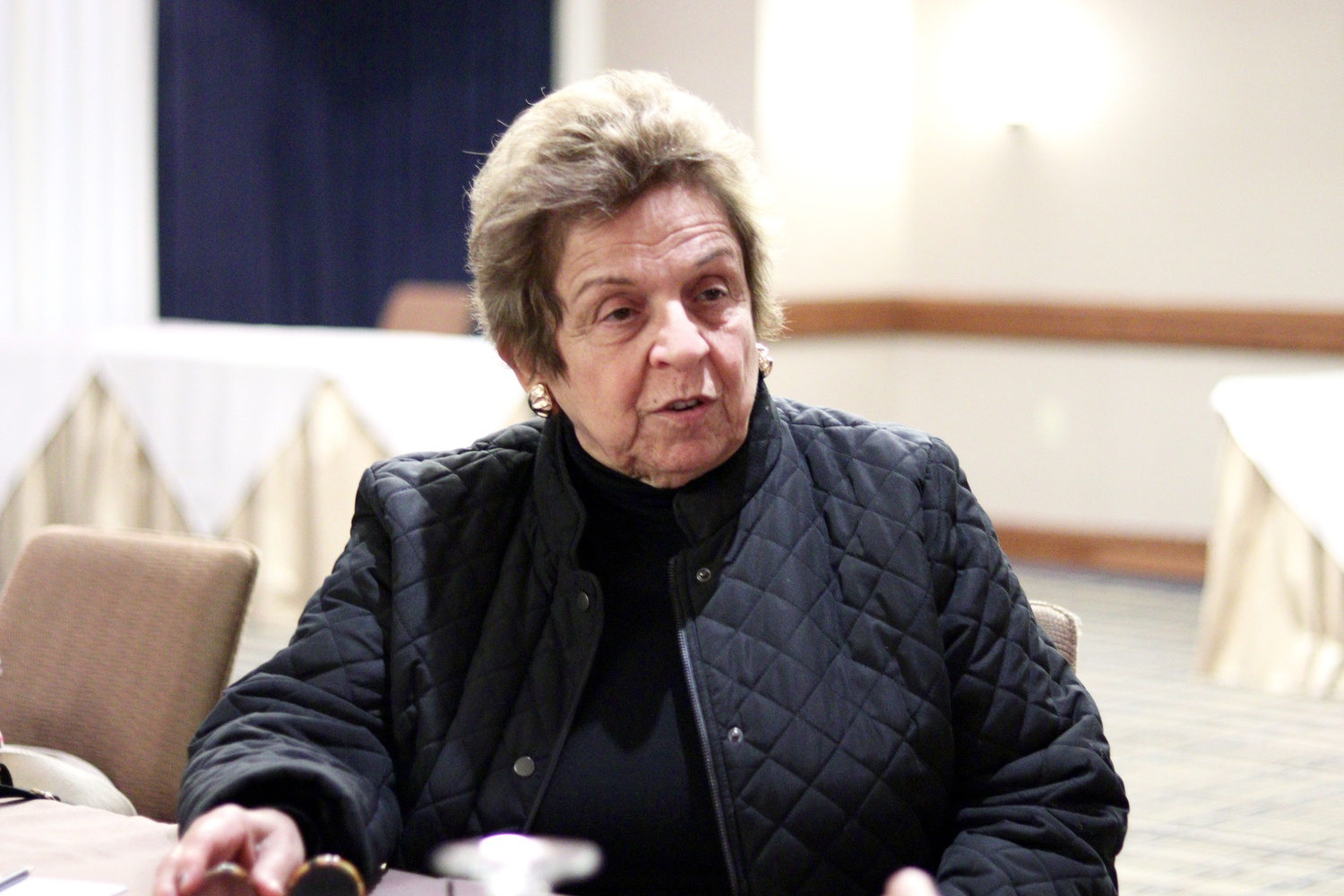
News
HMS Is Facing a Deficit. Under Trump, Some Fear It May Get Worse.

News
Cambridge Police Respond to Three Armed Robberies Over Holiday Weekend

News
What’s Next for Harvard’s Legacy of Slavery Initiative?

News
MassDOT Adds Unpopular Train Layover to Allston I-90 Project in Sudden Reversal

News
Denied Winter Campus Housing, International Students Scramble to Find Alternative Options
Former Clinton Administrator Reflects on Career

Donna E. Shalala, former Secretary of Health and Human Services under former President Bill Clinton, discussed her experience in healthcare policy in a panel at the Harvard School of Public Health Wednesday afternoon.
Shalala said that the failure of the Clinton Administration to pass healthcare reform was among her regrets as Health and Human Services secretary and drew on her experience attempting reform in the nineties to reflect on the contemporary debate over the Affordable Care Act.
“Even the lesson today about universal healthcare is a lesson,” she said. “You better be careful, because people are for it until they find out how it affects them and their own insurance.”
Shalala also said that crafting healthcare policies require difficult negotiations with the private sector.
“The stakeholders you have to buy off. Powerful stakeholders,” she said. “You have to have some kind of consensus, that this is a particular role for the federal government.”
The panel, a series called “Voices in Leadership,” brings “forerunners in their area of expertise” to discuss their experience, according to its website. Past speakers include former United Nations Secretary General Ban-Ki Moon and Massachusetts Senator Elizabeth Warren.
After serving as president of the University of Miami 2001 to 2015, Shalala served as the President of the Clinton Foundation from 2015 to 2017 and during Hillary Clinton’s unsuccessful bid for the U.S. presidency. Shalala has also served as the President of Hunter College and Chancellor of the University of Wisconsin-Madison.
Shalala highlighted the increase in funding for the National Institutes of Health, which nearly doubled from 1992-1999, as “the most important” achievement during her time in government.
“Building that bipartisan coalition, which brought on the golden age of biomedical research, was far more significant,” Shalala said. “I actually said to President Clinton ‘this will be your legacy.’”
In an interview following the event, Shalala shared her recipe for success as a political adviser, emphasizing the importance of balancing both personal knowledge and interpersonal connections.
“You cannot underestimate being well-prepared,” she said. “Second of all, you have to get to know people. You can’t just read books, do the statistics, and do policy. You have to understand people’s lives.”
Shalala—who has led three universities in her career, twice as the first woman to hold the position—praised University President Drew G. Faust for a “remarkable tenure” and for “trying to create one University as opposed to a bunch of fiefdoms.” Faust is the first woman to serve as president of Harvard.
Reflecting on her own time as a college administrator, Shalala said that she focused on the student experience.
“I saw the students as the customers. Therefore, I thought universities had to see universities from the view of the students,” she said. “It wasn’t that I didn’t see faculty as the key, but at the end of the day universities have to focus on what makes students learn best.”
Want to keep up with breaking news? Subscribe to our email newsletter.
